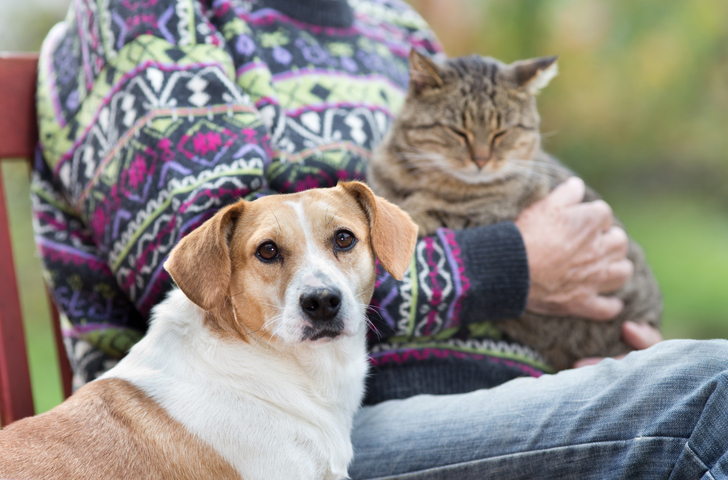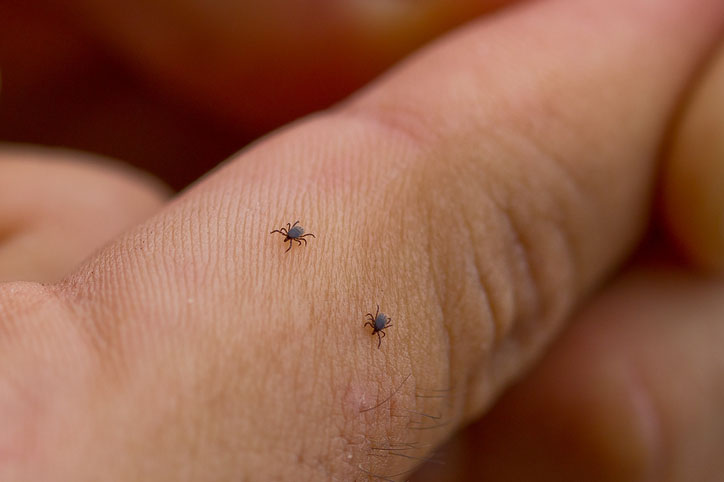Special Considerations for Rats
Domesticated rats are social, active, intelligent, and make good pets. They are nocturnal by nature and usually spend most of their time sleeping during the day; at night they are very active. In general, pet rats rarely bite.
The best way to pick up a rat is to grasp it gently over the shoulders and lift it up. They can also be steadied by grasping the base of the tail, but you should avoid picking up a rat by the tip of its tail. Move slowly to avoid startling the animal, and watch its behavior; a rat that rears up to face your approaching hand is more likely to bite.
Rats are social animals and need company; it is better to keep them in a group. However, they are also very prolific breeders, so keeping only rats of the same sex in the same cage is recommended. Aggression is uncommon in domesticated rats that are raised together as littermates. However, when new groups of animals are housed together, they should be watched carefully for fighting, as this may cause injuries.
Rats are very sensitive to heat and cold. They have a limited capacity to regulate their body temperature and do not sweat or pant. They regulate their body temperature through dilation or constriction of the veins in their tail. Rats should be kept in a temperature range of 64 to 78°F (18 to 26°C) with 40 to 70% humidity in the air. Temperatures above 86°F (30°C) can cause heat exhaustion, especially if the cage is overcrowded. Although good lighting is important, rats should be kept away from direct sunlight.





